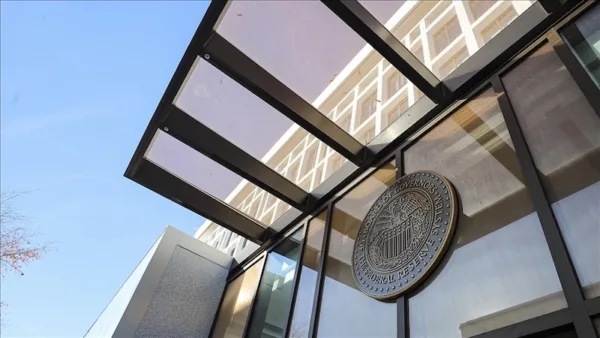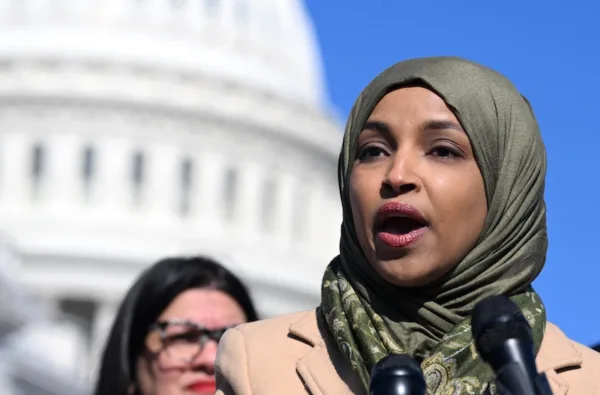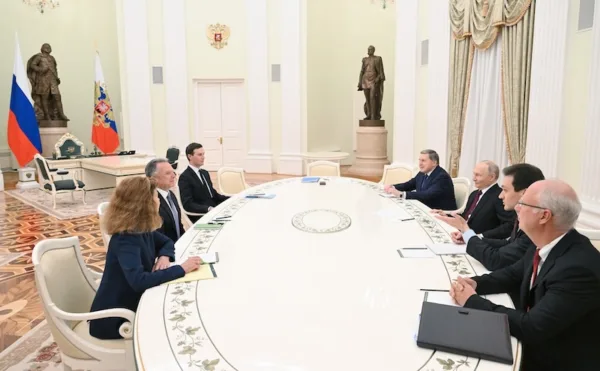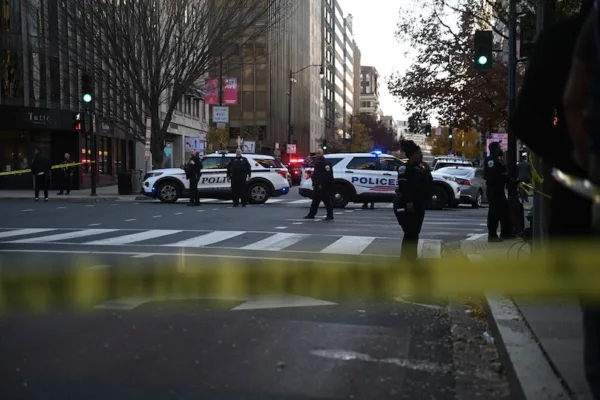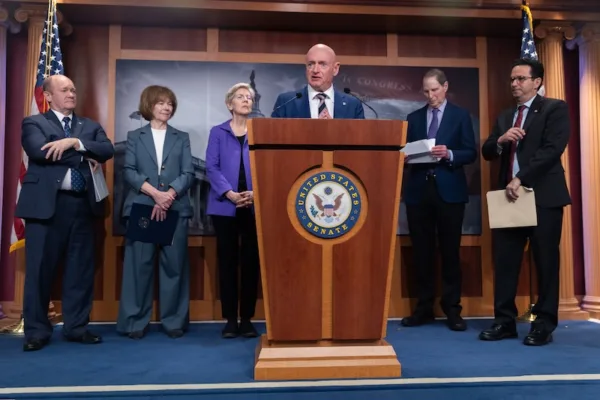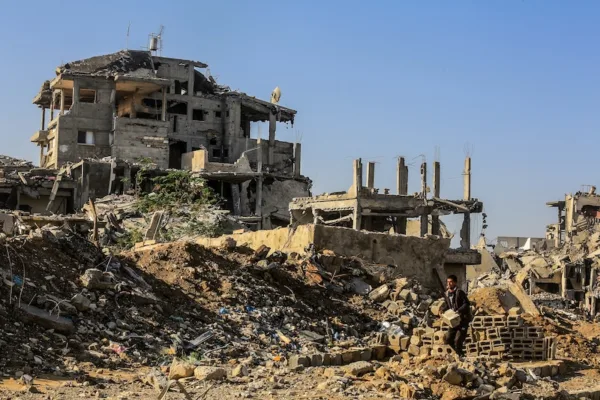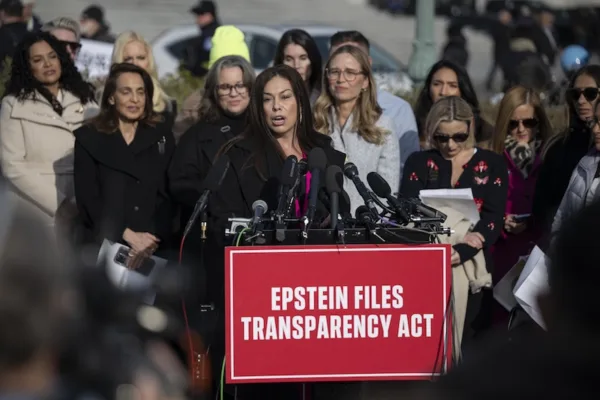The Restoration of Ayasofya’s (Hagia Sophia) Mosque Status
July 29, 2020
10:00am – 11:00am (EST)
Zoom Webinar
On Friday, July 24th, Turkish President Erdoğan joined hundreds of fellow worshipers for the first Friday prayers in 86 years inside Hagia Sophia. Built in the 6th century as a Byzantine cathedral, the magnificent structure remained the largest church in the Eastern Roman Empire until the conquest of Istanbul in 1453. After serving as a mosque for centuries under the Ottomans, the Turkish government decided to convert it to a museum in 1934. The restoration of Ayasofya as a mosque came after a Turkish high court’s recent ruling, which annulled the 1934 decision. The decision has been met with much celebration in Turkey and the Muslim world while it has received criticism in the West. What does Ayasofya’s restoration signify for the Turkish people and the Muslim world? What are some of the cultural and historical reasons for this decision?
The SETA Foundation at Washington DC is pleased to host a webinar discussion on the implications of the decision to restore Ayasofya’s status as a mosque.
Speakers
Akif Kireçci, Deputy Chairman of Turkish National Commission for UNESCO and Dean of Faculty of Political Science and International Relations at Social Sciences University of Ankara
Çağrı Erhan, Rector of Altınbaş University and Member of Council of Security and Foreign Policies Committee of the Turkish Presidency
Moderator
Kilic B. Kanat, Research Director, The SETA Foundation at Washington DC
Bios
Akif Kireçci is the Dean of Faculty of Political Science and International Relations at Social Sciences University of Ankara. He is also the Deputy Chairman of Turkish Commission for UNESCO, Board Member of The Turkish Fulbright Commission, and a member of the Security and Foreign Policy Committee of the Turkish Presidency. He received his PhD degree from the Department of Near Eastern Studies at the University of Pennsylvania, USA, with his thesis titled “Decline, Discourse and Self-Orientalization.” He has taught at the same University and has worked as a lecturer at the Stevens Institute of Technology. Kireçci, who joined Social Sciences University of Ankara Department of International Relations as a faculty member in 2019, after working at Bilkent University for a while, is the editor of Istanbul: Metamorphosis in an Imperial City (with Ed Foster, 2011), Arap Baharı ve Türkiye Modeli Tartışmaları (2013) and Türk Cumhuriyetlerinde Bağımsızlık ve Devlet İnşa Süreci (2018), and the author of Arap Milliyetçiliği (2012) and 2023’e Doğru Kültür Politikaları (2015).
Çağrı Erhan is the Rector of Altınbaş University and a member of Council of Security and Foreign Policies Committee of the Turkish Presidency. Prof. Erhan is a Professor of International Relations. He has worked in Ankara University Faculty of Political Science for 21 years and has been the director of Ankara University’s Centre for European Studies for 10 years. He is a Jean Monnet Chair holder. In June 2015, he was appointed as the Rector of Istanbul Kemerburgaz University. Istanbul Kemerburgaz University has changed its name to Altınbaş University in July 2017. Prof. Erhan has authored many books and articles on various International Relations and Turkish Foreign Policy subjects.
Kilic Bugra Kanat is the Research Director at the SETA Foundation at Washington DC. He is also Assistant Professor of Political Science at Penn State University, Erie. Dr. Kanat received his PhD in Political Science from Syracuse University; a Master’s in Political Science from Syracuse University; a Master’s in International Affairs from Marquette University. Dr. Kanat’s writings have appeared in Foreign Policy, Insight Turkey, The Diplomat, Middle East Policy, Arab Studies Quarterly, Mediterranean Quarterly, Journal of South Asian and Middle Eastern Studies, Journal of Balkan and Near Eastern Studies, and Journal of Muslim Minority Affairs. He is a columnist at Daily Sabah. He is the author of A Tale of Four Augusts: Obama’s Syria Policy.








